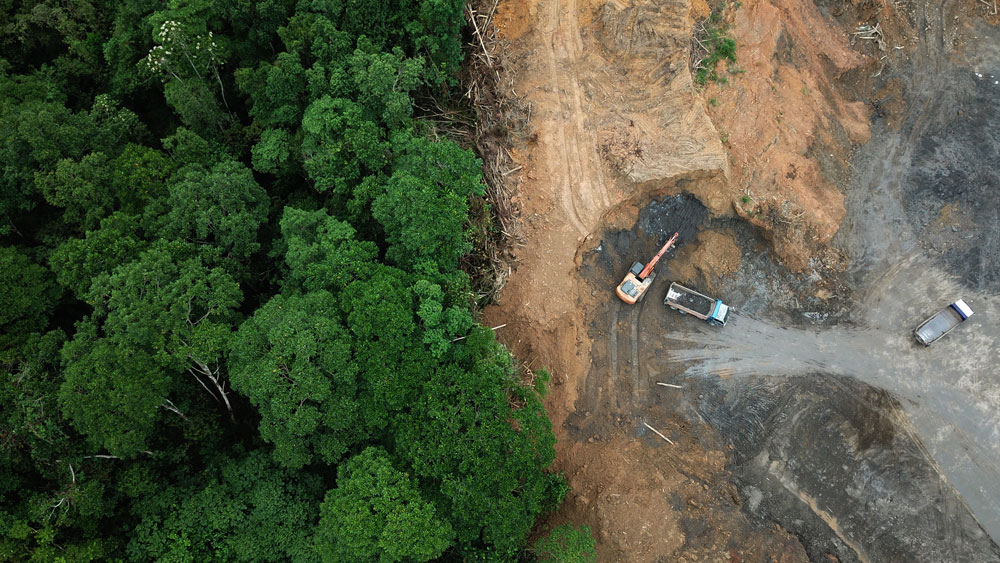By: Jon Farrow
22 Mar, 2019

Researchers recommend better integration between those studying ecosystems and those protecting them from criminals.
Degradation of the environment can lead to crimes such as illegal wildlife trade and toxic waste dumping, which then degrades the environment further. Policymakers need to consider these sorts of interactions when they pursue conservation goals, according to a panel of experts brought together by CIFAR.
In January, researchers from around the world and from disciplines including geography, criminology, political science and ecology convened at the CIFAR offices in Toronto to discuss new ways to think about environmental crimes such as poaching, smuggling and illegal resource extraction.
The problem they were interested in was how to combine work to prevent transnational environmental crimes like poaching, illegal fishing and hazardous waste dumping, with research into environmental security, defined as maintaining healthy ecosystems with intact biodiversity and the ability of human communities to sustainably access natural resources. The workshop was the result of a proposal put forward during the Global Call for Ideas.
“You have to start thinking about how you’re defining ‘criminal activity’, and also how you’re defining ‘the environment’ in ways that are effective. And contemplate how you ensure that for future generations, there’s a secure environment people can access for their own livelihood,” said Peter Stoett, the facilitator of the workshop and Dean of Social Science and Humanities at the University of Ontario Institute of Technology.
“Crimes like illegal logging are the responsibility of local authorities, but they can also have ecological and social consequences across borders. Researchers argue for a wider view.”
Workshop participants concluded that environmental crime and environmental security influence each other in complex ways. For example, conservation efforts can cause economic dislocation, which makes some people more likely to engage in crimes like illicit wildlife harvesting, consumption, and trafficking. On the other side of things, crimes such as illegal logging can serve as vectors for biological invasion, which reduces environmental security.
“I would like to see a more pronounced emphasis on the nexus between these two elements. And we think this is highly relevant as we move forward to pursue the 2030 Sustainable Development Goals” Stoett said.
The workshop participants that lays out the workshop’s findings and recommendations to policymakers. It has been circulated at the United Nations Environmental Programme, the Secretariat of the Convention on Trade in Endangered Species, the Governemnt of Canada, and elsewhere; and participants hope it will be published in a major academic journal as well.
Stoett sees this workshop as the first step in what he hopes is the establishment of this combined approach in academia, industry and policymaking circles. As well as the recommendations being disseminated through the participants’ networks, in publications and conference proceedings, Stoett is hopeful that the core group brought together at CIFAR can shift the conversation and move on to more robust empirical research.
“The bonds between experts established here will be long-lasting and constructive .”